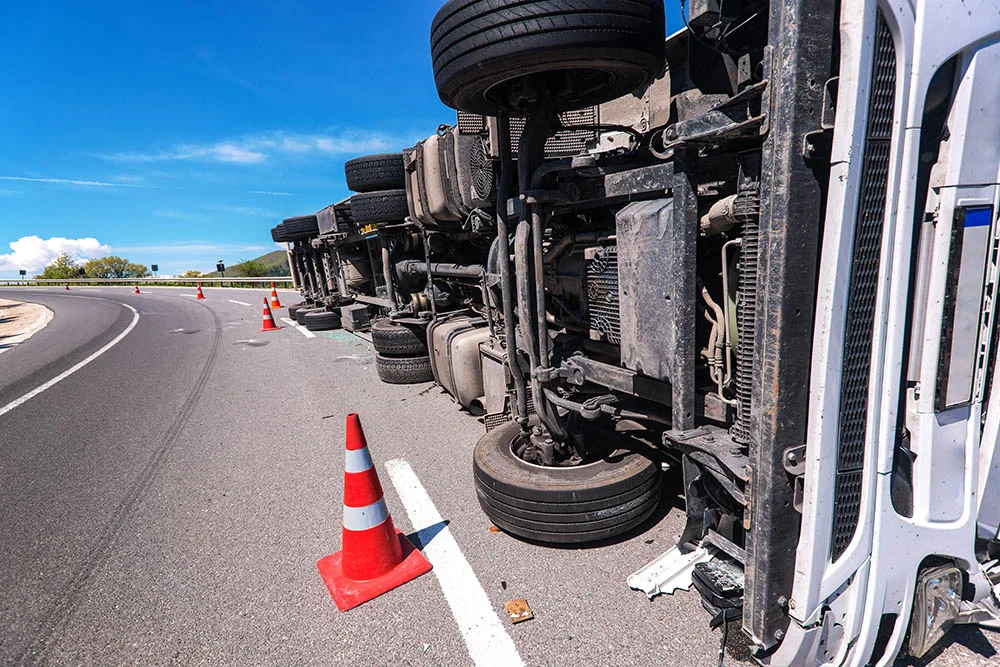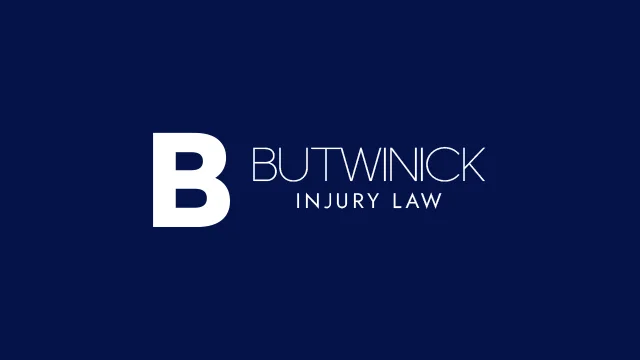Truck Accidents

MINNEAPOLIS TRUCK ACCIDENT ATTORNEY
TRUCK ACCIDENT CLAIMS
Motor vehicle accidents that involve trucks can be extremely serious due to their size and weight. Truck accident victims often face a lengthy and painful recovery from catastrophic injuries such as:
- Head trauma
- Spinal cord damage
- Broken bones
- Back injuries
- Knee injuries
- Internal injuries
Regulations on Truck Drivers
Since trucks are capable of causing catastrophic damage in the event of an accident the trucking industry is heavily regulated by The Federal Motor Carrier Safety Administration (FMCSA). Truck drivers are required to adhere to the strict highway safety standards they lay out. Many times accidents are caused by a truck driver’s negligence or violation of these laws, such as:
- Drunk driving
- Driving with insufficient sleep
- Driving while under the influence of drugs
- Speeding
- Making improper lane changes
One of these regulations is called the hours of service regulations which rules how long truck drivers can be on the road and when they must take meal breaks. This rule states that:
- Truckers can work up to 14-hour a day, however, they are permitted to actually drive for 11 of these hours. The remaining three hours must be spent on meal or rest breaks.
- At the end of the day, drivers must rest for at least 10 hours before returning to another day at work.
- Truckers also must take days off work at regular intervals. These intervals are based on how many days a week the company the driver is employed by is open. If a trucking company is open seven days a week a driver is only allowed to work 70 hours in an eight-day period before taking at least 34 consecutive hours off. Likewise, if a trucking company is open less than seven days a week than a driver is only allowed to work 60 hours in a seven-day period before taking 34 hours off.
As stated above, sometimes drivers break these rules. In rare circumstances these regulations can be temporarily lifted in times of national emergency, in order to help get supplies where they need to go faster, such as in the recent COVID-19 crisis.
No matter the case, the result is the same, tired truck drivers on the road and more accidents. A qualified attorney can investigate your accident to determine if another person was at fault for your injuries and can hold them accountable for their actions.
Choose the Right Attorney
Personal injury benefits provide critical financial resources to help accident victims recover from their injuries.
If you have been hurt in a truck accident caused by someone’s negligent or careless actions, you may be entitled to receive compensation for:
- Hospital expenses
- Medical bills
- Rehabilitation
- Home care
- Property damage
- Pain and suffering
- Emotional trauma
- Lost current and future wages
Butwinick Injury Law is a knowledgeable personal injury firm that has provided skilled legal assistance to clients seeking monetary damages for accident-related injuries.
We have more than two decades of experience helping individuals with personal injury claims. Our office can seek the best possible settlement in your case to minimize your financial worries and concerns.
Contact a Minneapolis Truck Accident Lawyer
From our firm to have you case reviewed and to discuss your legal options regarding compensation.

